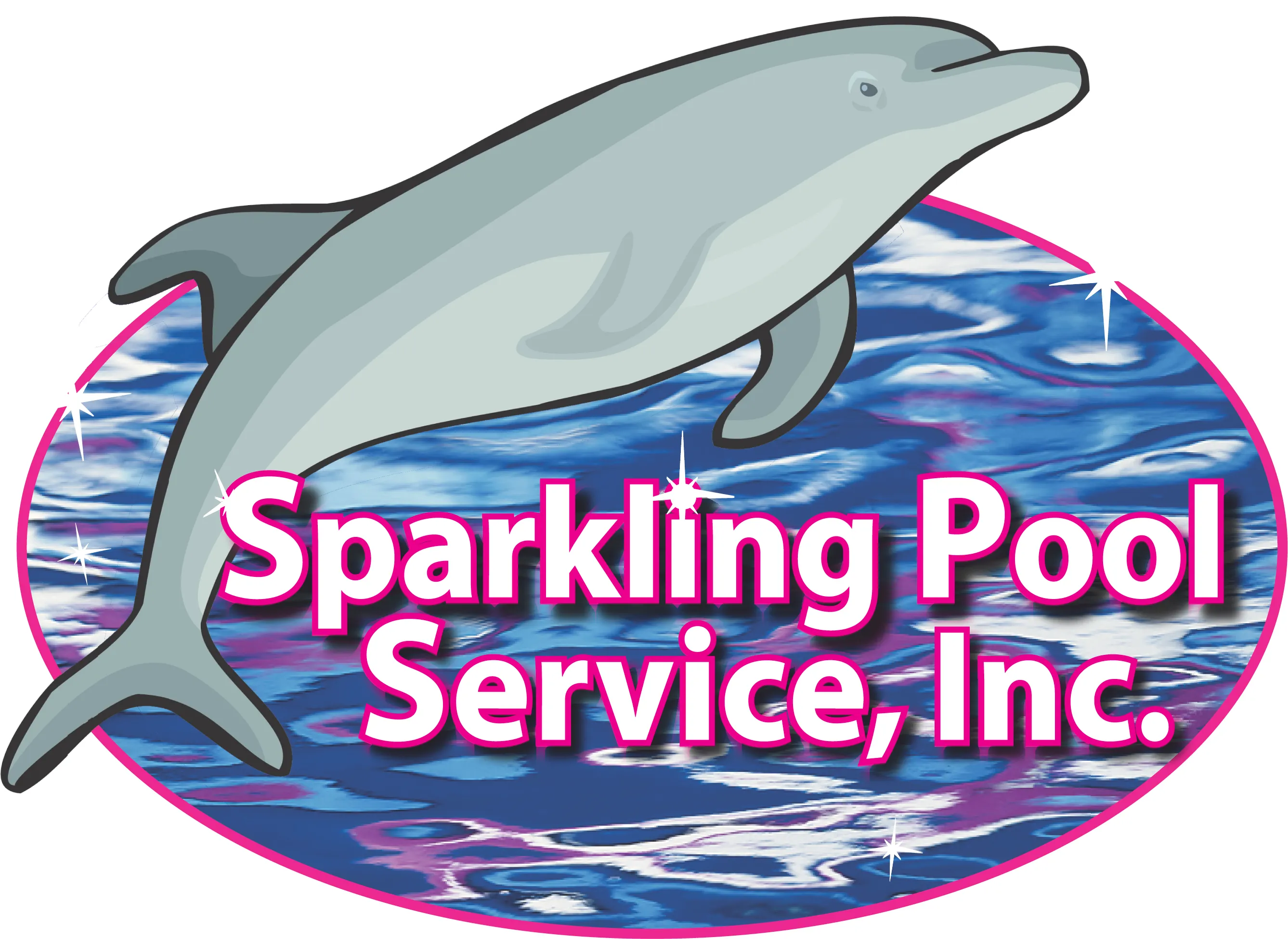Understanding Pool Water Evaporation: Why Your Pool Needs More Water
As the summer sun beats down and temperatures soar, pool owners may notice a common phenomenon: water levels in their pools seem to be dwindling, requiring more frequent refills. But what's behind this seemingly mysterious disappearance of water? In this blog post, we'll delve into the science of pool water evaporation, why it happens more frequently during hot weather, and why it's essential to keep your pool properly filled.
The Science of Pool Water Evaporation:
Pool water evaporation is a natural process whereby water molecules at the surface of the pool absorb heat energy from the sun and transform into water vapor, which then escapes into the atmosphere. This process is accelerated by factors such as high temperatures, low humidity, and wind speed, all of which increase the rate of evaporation.
Why Pool Water Evaporates More in Hot Weather:
During hot weather, the sun's intense heat causes more water molecules to evaporate from the pool surface, leading to increased water loss over time. Additionally, low humidity levels and strong winds further exacerbate evaporation rates, causing water levels to drop more rapidly than usual.
The Necessity of Filling Pools More Often:
As pool water evaporates, it's crucial to replenish lost water to maintain proper water levels and ensure the pool's optimal functioning. Failing to refill the pool regularly can result in several issues, including:
- Reduced Water Circulation: Low water levels can impede the proper circulation of water through the pool's filtration system, leading to decreased filtration efficiency and compromised water quality.
- Increased Chemical Concentrations: As water evaporates, the concentration of chemicals in the pool water increases, potentially leading to imbalances and issues such as pH fluctuations, algae growth, and skin irritation.
- Potential Damage to Equipment: Operating pool equipment, such as pumps and skimmers, with low water levels can cause premature wear and damage, leading to costly repairs or replacements down the line.
- Safety Concerns: In extreme cases, excessively low water levels can pose safety risks, especially for swimmers, as shallow areas may become too shallow for safe swimming or diving.
Tips for Minimizing Pool Water Evaporation:
While some level of water evaporation is inevitable, there are steps you can take to minimize water loss and prolong the time between refills:
- Use a Pool Cover: Covering your pool when it's not in use can significantly reduce evaporation rates by preventing heat loss and limiting exposure to wind and sunlight.
- Optimize Pool Maintenance: Maintain proper water chemistry, clean the pool regularly, and ensure that equipment is in good working condition to minimize the need for additional water refills.
- Monitor Water Levels: Keep an eye on water levels and refill the pool as needed to maintain optimal levels for safe and efficient operation.
- Consider Water-Saving Features: Explore water-saving features such as automatic water levelers or water-efficient landscaping around the pool to reduce overall water consumption.
By understanding the factors contributing to pool water evaporation and the importance of keeping your pool properly filled, you can ensure a safe, enjoyable, and sustainable pool experience all summer long. So, don't let your pool run dry—keep it filled and ready for endless hours of aquatic fun!
